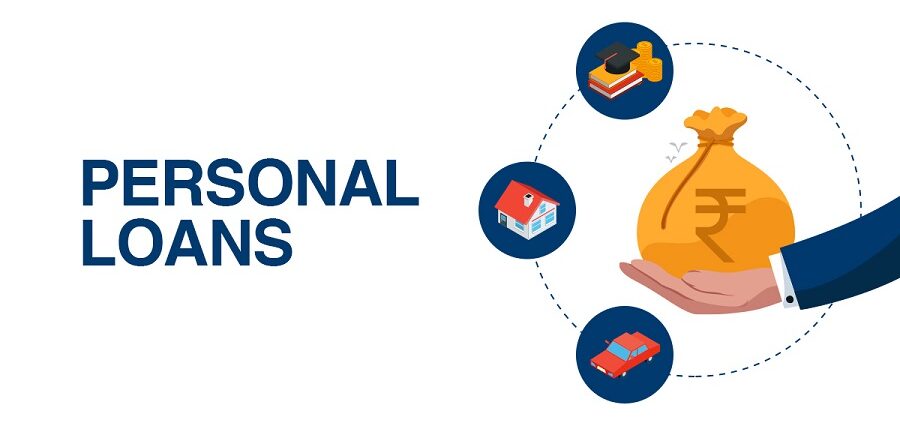A personal loan is a flexible and convenient solution when faced with financial needs. However, deciding between a short-term personal loan and a long-term option can significantly impact your financial journey. Understanding their differences, advantages, disadvantages, and suitability for your financial goals will help you make an informed and confident choice.
A short-term personal loan typically spans a repayment period of 12 months or less. It is designed for individuals looking to address immediate expenses such as medical emergencies, travel, home repairs, or small business requirements.
On the other hand, long-term personal loans are suitable for higher financial commitments with extended repayment schedules. These loans are better suited for significant life events or major financial investments. Let us explore both options to determine which is right for you.
Key Features of Short-Term Personal Loans
- Quick Resolution: Short-term loans are ideal for urgent financial needs. The fast approval process ensures immediate access to funds.
- Lower Interest Outlay: Since the repayment duration is shorter, borrowers typically pay less interest than longer loans.
- Higher Monthly EMIs: To clear the loan quickly, monthly payments are higher, making it essential for borrowers to have a stable income.
A short-term personal loan works best for individuals with strong financial discipline who can manage high EMIs without straining their monthly budget.
Advantages of Long-Term Personal Loans
A long-term personal loan, offered by reputed companies like Aditya Birla Capital, offers extended repayment durations, ranging from three to five years or more.
- Lower EMIs: Spreading repayment over a longer period makes EMIs more manageable, reducing the strain on monthly expenses.
- Higher Loan Amounts: Longer terms allow borrowers to secure larger sums, making them ideal for funding weddings, home renovations, or education.
- Improved Flexibility: Borrowers have greater freedom to plan their finances over an extended period, accommodating changing circumstances.
However, it is important to note that longer tenures lead to higher cumulative interest payments, increasing the overall loan cost.
Factors to Consider Before Choosing
- Purpose of the Loan: A short-term option is ideal for smaller, urgent needs. Long-term loans are more practical for substantial expenditures.
- Repayment Capacity: Assess your monthly income and expenses. Choose an option that aligns with your ability to repay comfortably.
- Interest Rates: While short-term loans may have slightly higher interest rates, their shorter tenure often results in lower overall interest costs.
Which Option Is Right for You?
Choosing between short-term vs. long-term personal loans refers to your financial requirements, repayment capacity, and overall financial goals. If you prefer quick repayment, can handle higher EMIs, and wish to minimise the overall interest paid, a short-term loan is better. Conversely, opting for a long-term personal loan may be the more practical and sustainable choice if you need a larger loan amount, lower monthly payments, and more flexibility to manage your budget over time. Carefully assess your needs and consider the implications of both options before making your decision.

